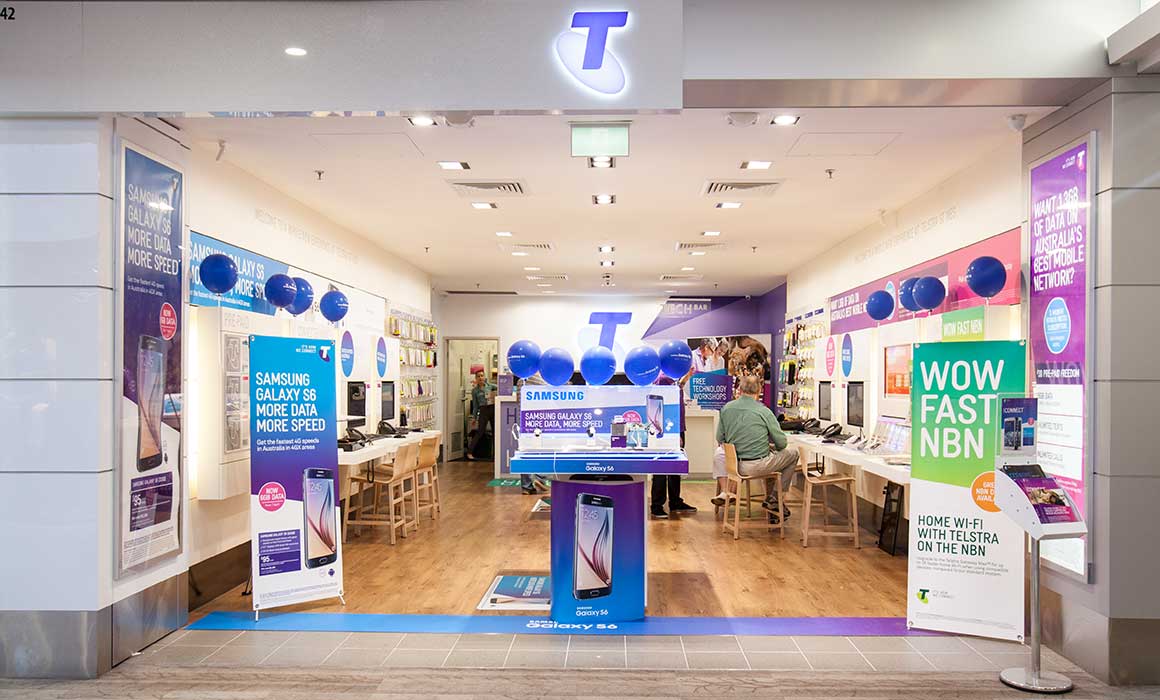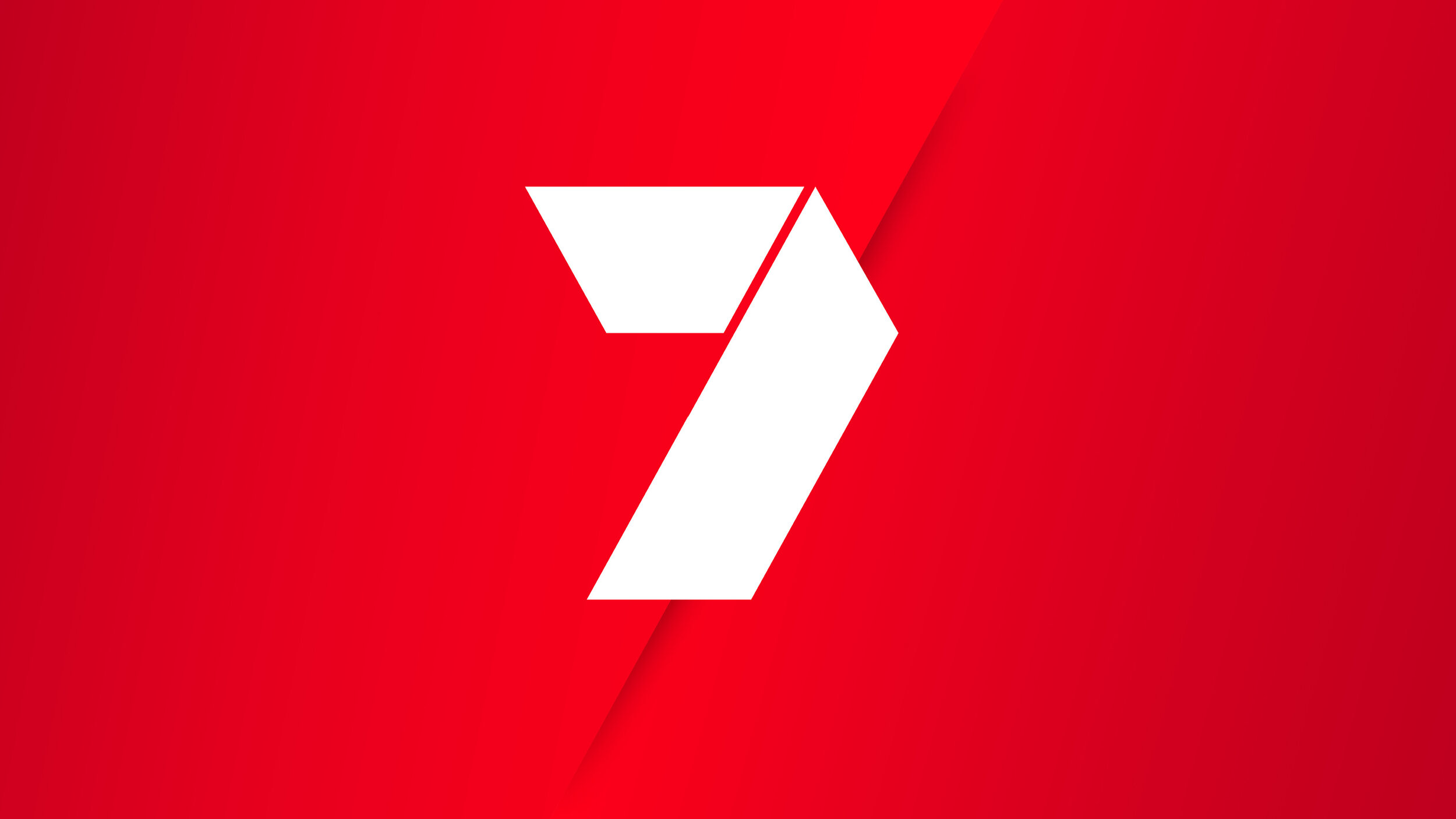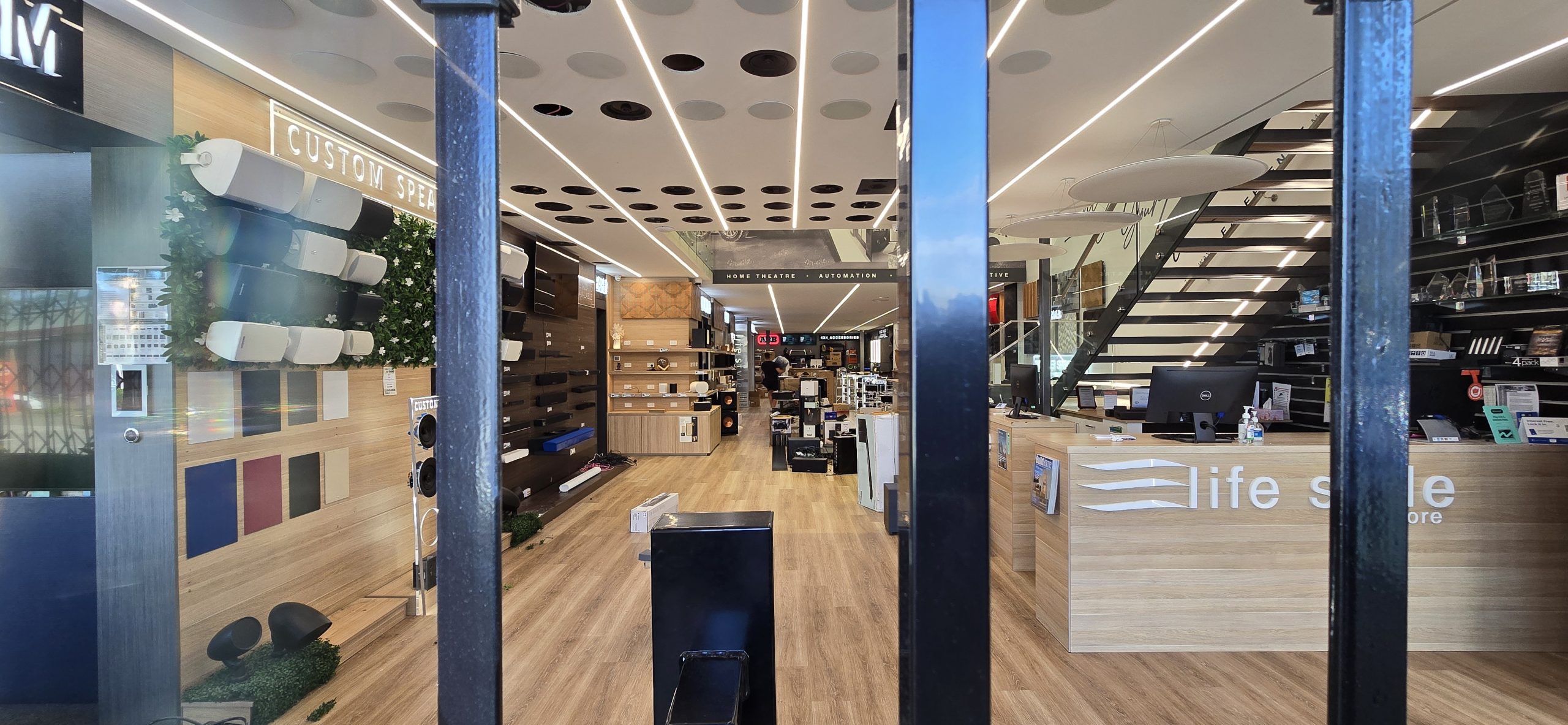Telstra’s constant whinging for cheaper NBN broadband has fallen on deaf ears with NBN Co pushing back a review of its pricing as Telstra moves to repair their brands reputation in the market.
Telstra who are struggling to deliver growth with the national carrier resorting to headcount cuts and the sell down of infrastructure to deliver dividends for shareholders, have been vocally criticising NBN Co as consumers desert Telstra because of poor service more than poor NBN broadband.
The Companies recent decision to take back control of their retail stores was announced as part of Telstra’s first-half FY21 results, which revealed a 10 per cent drop in total income to $12 billion, a 14.7 per cent decline in EBIT to $4.1 billion, and a 2.2 per cent drop in NPAT to $1.1 billion.
Telstra blamed their National Broadband Network (NBN) transition, lower device sales following an ongoing trend of customers holding onto their smartphones longer and lower store traffic from COVID-related restrictions.
ChannelNews understands that one of the biggest issues for wanting to take back their stores was the massive deterioration in the Telstra brand and the perception that Telstra service was as one analyst said “on the nose” with consumers deserting the carrier for other providers.
Telstra has 67 Telstra owned and operated stores, with another 166 branded stores run by independent licensees and a further 104 stores operated by Vita Group Limited.
According to Telstra sources the big carrier is desperate to change the perception of their brand with Vita Group stores being blamed internally for “poor service”.
Late last year Telstra agreed to pay a $50 million penalty over the sale of mobile plans to more than 100 Indigenous Australians, which left them in thousands of dollars of debt.
The penalty, which requires Federal Court approval, was the second-largest fine in the history of Australian consumer law.
Telstra chief executive Andy Penn admitted the company behaved wrongly with the operations of store staff blamed for the problem.
The ACCC said Telstra sold 108 Indigenous consumers post-paid mobile plans despite knowing they did not understand and could not afford the product. It called the behaviour “unconscionable”.
Now Telstra who has failed in the past to get traffic to their stores except when it comes to fixing a problem, is having another crack at running a retail network that will compete up against JB Hi Fi who is their biggest retail partner.
The carrier who is in a constant battle over pricing will soon have to compete with the merged TPG Vodafone who will sell both NBN broadband and new smartphone plans in direct competition with Telstra.
While NBN Co, the company building and operating the National Broadband Network (NBN), has not moved on their wholesale pricing, Telstra boss Andy Penn is claiming that carriers have been left to deal with wholesale prices that continue to trend upwards.
During COVID-19 and with more people at home peak usage by customers has risen resulting in carriers having to acquire more NBN bandwidth at a higher CVC charge.
NBN Co is planning to increase its residential average revenue per user (ARPU) from $45 to $49 by the end of financial year 2023.
Yesterday the NBN proposed a two-year extension of discounts on certain packages and promised to explore alternative pricing structures in due course.
“We’re not ruling anything out at this point,” NBN Co chief customer officer Brad Whitcomb told The Sydney Morning Herald and The Age. “We’re very open to what these alternative models might look like so we’re hopeful that we get some great ideas around that.”
A Telstra spokesman said the consultation paper did not offer “any real change” and “pushed hard decisions down the road”.
“It’s a simple equation – NBN revenue per residential user will continue to increase substantially over time, so without change consumers will end up paying more for home broadband and/or the level of service they get will drop,” the spokesman said.
“If NBN wholesale prices continue to rise in the second half of the decade, which is what will happen under the current structure, wholesale prices will be higher than current retail prices. That’s obviously not sustainable and something has to give.”
Whitcomb has rejected the notion NBN prices are going up for telcos.
“It is true that a higher speed plan with much more data has a higher wholesale price than a lower speed plan with lower data,” he said. “But we’re not raising prices – on the contrary we’re adding more and more value over time and that’s been consistent for a number of years now.”












































